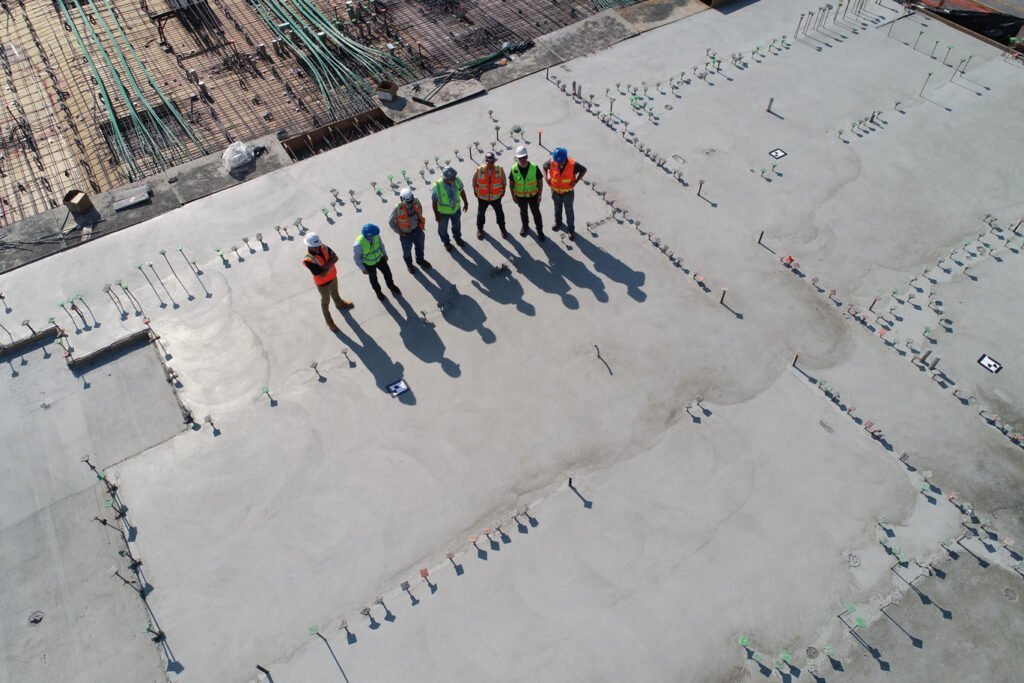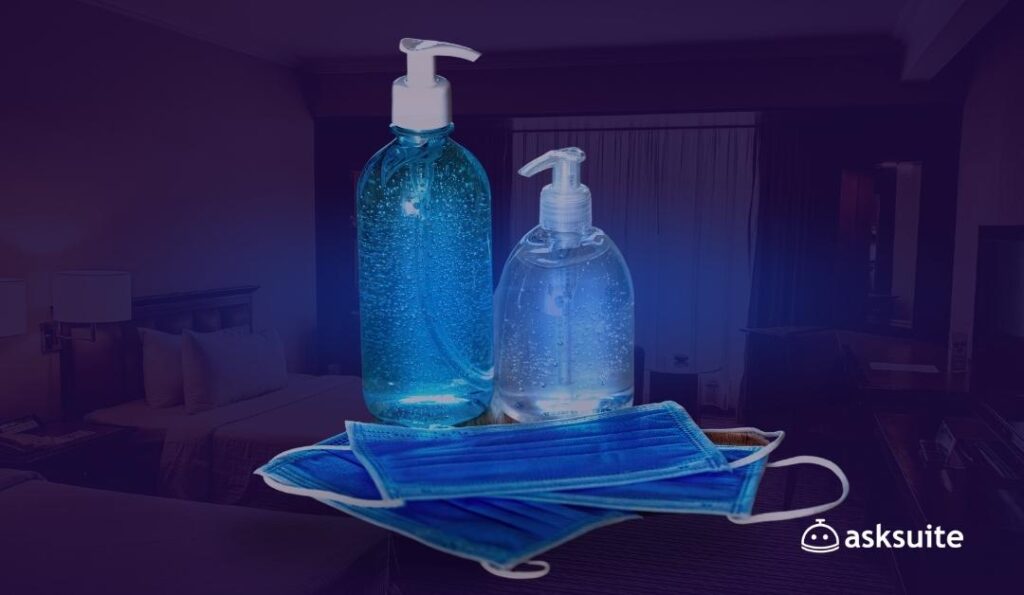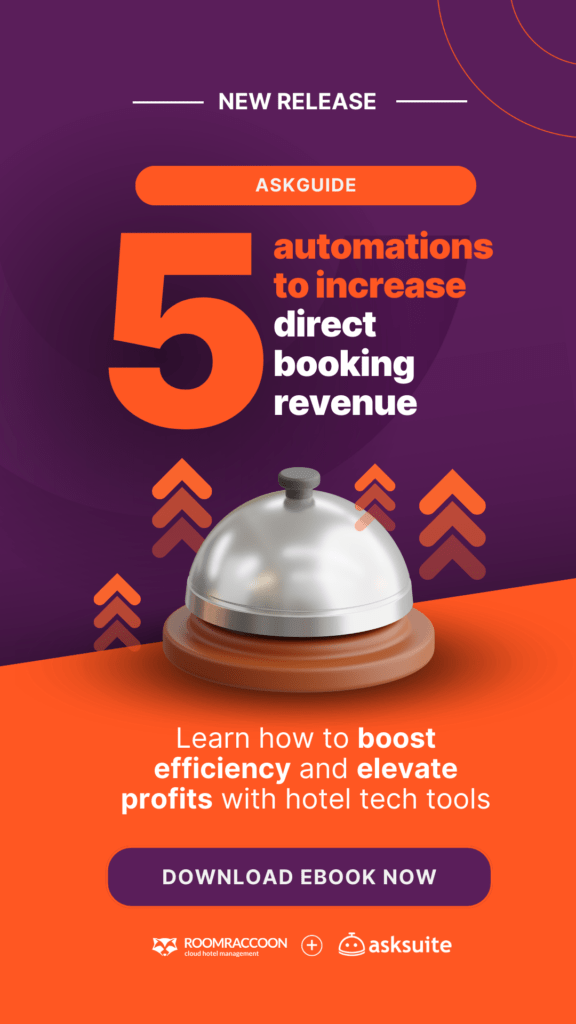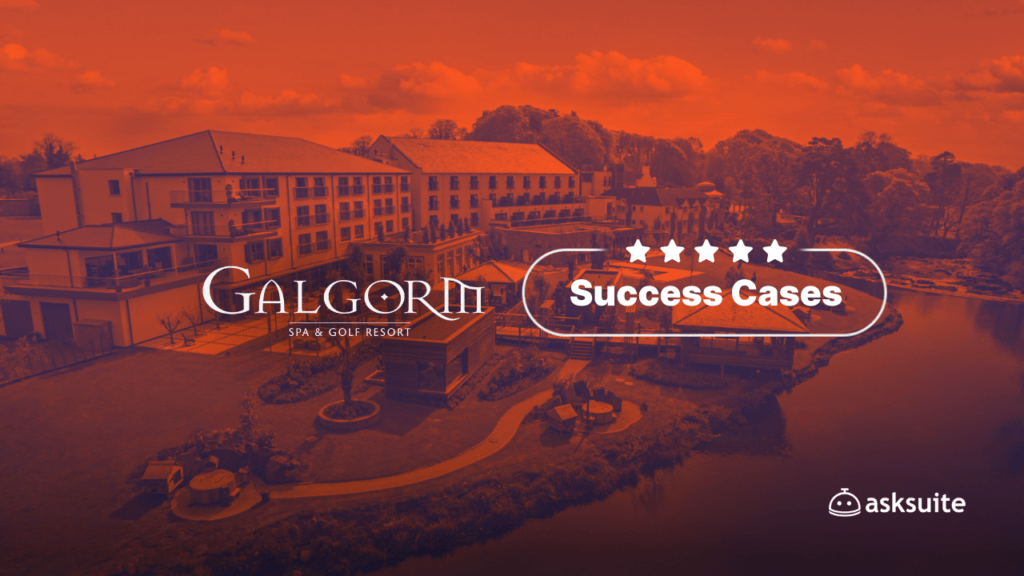You have planned this for years: budget, staff, furniture. You have dreamed about your new hotel operating nicely and smoothly, full of happy guests. But then, suddenly, an uninvited guest shows up in your hotel opening: the COVID-19. What now?
The coronavirus crisis is like no other. It is hitting hard big hotel chains, independent hotels, resorts, and all kinds of lodgings. If it is hard for well-accomplished brands, it is even worse for hotels that are scheduled to be opened in the near future.
Between recently opened hotels and hotels that were in their final stage of construction, there are hundreds of hotel owners and managers around the globe struggling to deal with this unprecedented scenario.
In this text, we will show the outlook of the hotel industry and discuss the possible paths owners and managers could take to face this big challenge of opening a hotel during the COVID-19 crisis. Also, we will give you great insights from the 20-years-experienced Hotel Expert Amir Hassan’s.
Hotel opening scenario
The hospitality industry was booming all around the globe until March 2020. To give you an idea, in the Middle East alone, Lodging Econometrics had forecasted for new hotel openings to climb to 251 hotels in total.
But things have changed. Once a booming environment, there is no more rush in opening hotels. In fact, openings are being shelved and even some will probably not happen at all.
The scenario today is of an industry that is crashing. In comparison with the week of April 14-20, 2019, in the U.S., the industry recorded a 64.4 percent decline in occupancy to 23.4 percent, reports STR.
According to Lodging Magazine, projects are likely to remain under construction for a longer period. In the U.S, nine projects from the final planning stage of the pipeline moved to deferred status, as did 21 projects from the planning phase. Many problems with suppliers have been reported.

The doors are opened
Still, there are hotels that decided to stick with the plan and have opened anyway, The New York Times details. For them, it makes more economic sense to open than to have the doors closed.
If the hotel chooses to open the doors, adaptation and communication seem to be the keys to success. Changes in the procedures, service, and facilities should be informed to guests to avoid problems and ensure safety.
Some hotels are being more creative. They are doing their soft opening digitally with live Instagram stories. This is a good way to keep social distancing while promoting engagement and excitement towards the new hotel.
As you can see, the overall scenario isn’t the best right now to open a hotel, to say the least. That is why we asked the hotel expert Amir Hassan for some guidance. Having many years of experience working with big hotel brands like Hilton, Hassam is an expert in hotel opening processes.
Even though this is an unpreceded scenario with no right answers, Hassan sheds light on crucial aspects to help hoteliers in this difficult spot. Below are his inputs on what to do if your hotel is scheduled to open soon, how you can control the damage and how to get ready for what is coming after this crisis.
Hotel Expert insights on hotel openings during the COVID-19

Soon-to-be-opened lodgings are definitely in a tough spot. That is why we asked Hotel Expert Amir Hassan for guidance in this matter. With over 20 years of experience in the hotel industry, Hassan is a specialist in hotel operations, openings, and conversions.
During his successful career, he helped in bringing noticeable improvements in hotel opening processes both in IHG and Hilton, taking up over 60 openings across Greater China, Mongolia, Hong Kong, and Macau.
Currently, Hassan is assisting in driving sustainable resorts and hotels in reclaimed structures with investors both in Canada and in China.
We asked Hassan three questions:
1) Should hotel openings be postponed?;
2) What are the 4 priorities to control the damage?;
3) How can new hotels get ready for the after-crisis?
Hassan gives examples and practical tips to help hotel owners and managers choose the best strategy to face this challenge and you can contact him for feedback: amir@hamiltonwebbs.com:
Situation 1: A hotel is about to open in May. Everything is ready and in place. What to do: open it or postponing it?
H: The opening of a hotel is a significant milestone and it only happens once in the life of the hotel. It can re-open, upgrade, and open, rebrand, or convert. But the original opening is only once.
Ideally, the opening plan includes a business ramp-up strategy that kicks in 2 to 3 months prior to the opening date. In the given scenario of the hotel due to open in May, the business ramp-up strategy, which is also known as Pipeline strategy, would need to be revisited to scale down or even shut.
However, depending on the location and type of hotel ( e.g. if the area is not adversely affected by the virus), a hotel can go into phases of soft-training preparing simulation and by carefully postponing the opening date. Each phase would include limited interaction with employees in a controlled environment.
It is also important to sustain employee engagement during an extended pre-opening period. The lack of internal communication results in noticeable changes in performance levels among retained team members.
Hotel owners can join the management by actively engaging in the community to position the hotel and project a positive and distinct purpose. This would trigger a positive vibe among the stakeholders and help the hotel to benefit from a very supportive media outreach and the community through the opening period when that happens.
Situation 2: What are the 4 priorities in order to control financial and operational damage for a recently opened hotel (less than 6 months)?
H: They are:
- Scale down and allow people to work from home where possible;
- Re-visit business plan and prepare for phased operations strategy for at least 6 months to a year;
- Retain staff by providing e-learning opportunities, self-development courses, and use these tools to establish regular two-way communication. Most importantly, activate a personal KPI development plan to ensure employees take this opportunity for self-development.
Community support is essential for a hotel to sustain its market image, particularly in hard times. It is important to carefully reduce the financial burden by maximizing the conversion of fixed costs to variables and work on financial packages made available by the government to give employees relief. A hotel can do that by establishing a support line or making up to date information available.
As an industry, we have established best practices to deal with the uncertainty. This includes dealing with cancelations of confirmed reservations and refund policies.
Finance departments aligned with the operational teams must ensure that they work with the credit card companies, vendors, suppliers, trades and other 3rd party contractors to ensure that policy on financial matters is clear and in line with the hotel’s public persona.
Major chains such as Hilton and Accor are leading the trend in dealing with guest and employee-related financial matters.
Situation 3: How can new hotels get ready for the after-crisis? (foster engagement) Give 3-5 examples.
H: It is no secret that a new hotel faces a dual challenge of fostering engagement at both market and employee fronts. Post-crisis preparation rests with the hotel’s and brand’s recovery plan. Employee readiness is considered the key factor for the hotel to be ready but at the same time, the brand needs to be fully aware of the change in buying behaviors.
More and more contactless services will be required whereas the hotel brands that face lack of brand differentiation or characteristics either will continue to suffer for an extended period or if the parent brand is observant enough, the competitive advantage will be reconsidered employing under-utilized tools such as technology.
This resonates with an article printed in New York Times August 2019: “As the long bull market shows signs of fatigue, some industry analysts are starting to ask: What will become of all the upstart brands when the economy sours? “.
Like this post? Please share it on your social media!
Do you know the Change the Date campaign? It’s a series of materials crated by Askuite to help hoteliers encourage travelers to reschedule their trips. It’s totally free, just click on the button below:




